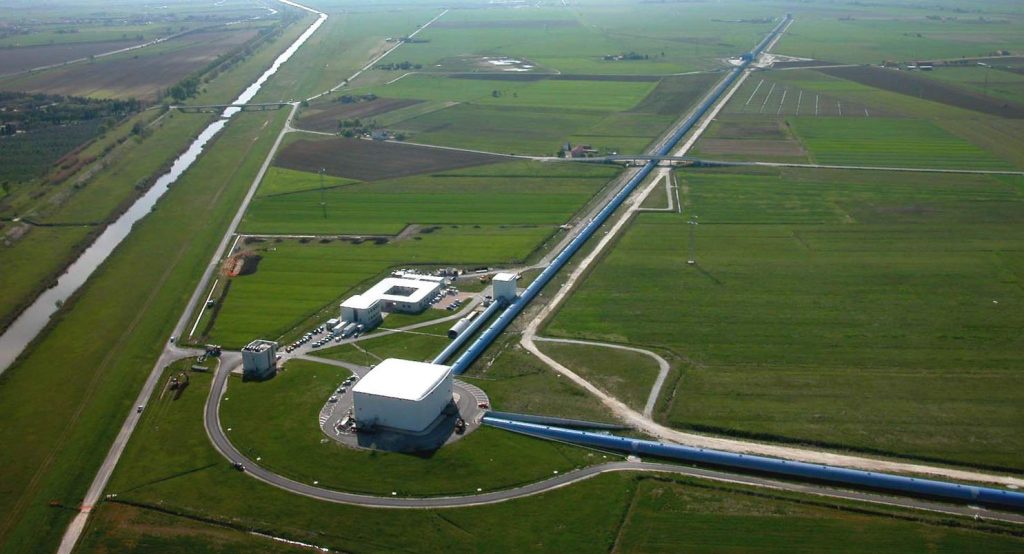The Indian government has approved constructing and establishing the Laser Interferometer Gravitational Wave Observatory-India (LIGO-India) project at an estimated cost of Rs 2,600 crore. Union Minister Jitendra Singh revealed that the project would come up in Hingoli, Maharashtra and is likely to be completed by 2030.
LIGO-India will be an advanced gravitational-wave observatory and is part of a global network of observatories. The project would be a collaborative effort between Indian research institutions, the LIGO Laboratory in the United States, and other international partners.
The project received in-principle approval from the Indian government in February 2016, and since then has achieved several milestones towards selecting a suitable site and building the observatory. The US government will provide key components worth USD 80 million, roughly equivalent to INR 560 crores.
On the Indian side, the LIGO-India project will be led by the Department of Atomic Energy and the Department of Science and Technology. It will partner with the National Science Foundation in the US and several national and international research and academic institutions.
Gravitational waves are ripples in the space-time fabric caused by violent cosmic events such as supernova explosions or the collision of two black holes. LIGO-India will help detect these waves and study the properties of the objects that create them. The project would significantly enhance India’s precision engineering, astronomy and astrophysics capabilities.
Overall, the LIGO-India project marks an important milestone in India’s scientific development and would contribute significantly to the global scientific community’s understanding of the universe.





